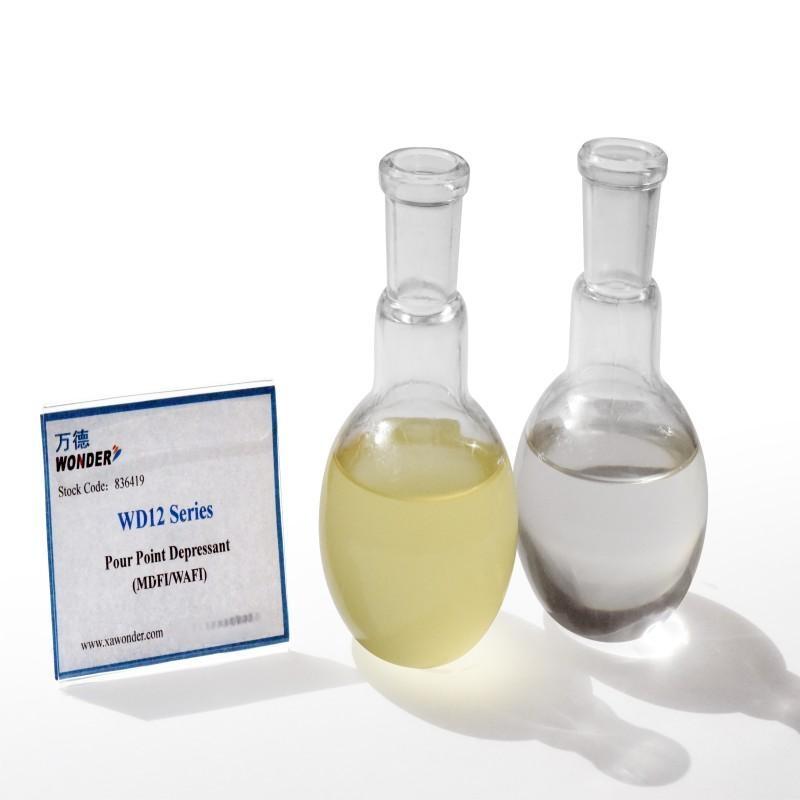-
Categories
-
Pharmaceutical Intermediates
-
Active Pharmaceutical Ingredients
-
Food Additives
- Industrial Coatings
- Agrochemicals
- Dyes and Pigments
- Surfactant
- Flavors and Fragrances
- Chemical Reagents
- Catalyst and Auxiliary
- Natural Products
- Inorganic Chemistry
-
Organic Chemistry
-
Biochemical Engineering
- Analytical Chemistry
-
Cosmetic Ingredient
- Water Treatment Chemical
-
Pharmaceutical Intermediates
Promotion
ECHEMI Mall
Wholesale
Weekly Price
Exhibition
News
-
Trade Service
On June 28, at the end of the G7 leaders' summit, a source told Reuters that the G7 had held discussions with China and India on the key topic of the meeting, "restricting Russian oil prices", and rated it as "positive and productive"
.
Screenshot of Reuters report Screenshot of Reuters report
G7 leaders agreed on June 28 to explore an "embargo on Russian oil sold above a certain amount" in an attempt to reduce Russia's revenues and deplete Russia's war
funds.
One source claimed that the G7 had held "active and productive" discussions
with China and India on plans to "set a ceiling on Russian oil prices.
"
Earlier, White House national security adviser Sullivan said that China's purchase of Russian oil to replenish its reserves will not violate US sanctions
against Russia.
The source also noted that the price cap per barrel of oil has not yet been determined, but must be high enough to incentivize Russia to continue producing oil
.
Sources admit that if Russia completely refuses to sell crude oil at a "cap price", there is no better chance to sell at a
high price.
Because in the context of the EU's "insurance ban" (which prohibits the insurance of ships carrying Russian oil), the number of ships willing to "violate sanctions" to transport crude oil for Russia is limited
.
"At present, due to limited storage capacity, Russia will have to significantly halt production and reduce cash flows
to avoid further losses to its energy sector due to continued production.
" The source added that the G7 government is considering which oil transportation services
can be canceled for Russian goods exceeding the price ceiling.
In addition, they are also considering a direct ban on shipping, insurance, trade finance, cargo forwarding and other services
to Russia.
Since the outbreak of the Russian-Ukrainian conflict, Western countries led by the United States have imposed "oil sanctions" on Russia, but many countries are still allowed to buy Russian crude oil
.
Russian crude prices are sold at a "deep discount" of $30 to $40 a barrel, while benchmark Brent crude prices are as high as $
110 to $120 a barrel.
Therefore, Russian oil remains "attractive"
on the international market.
For example, India and China have increased their purchases under the sharp discount of Russian oil
.
The United States itself is quietly buying
.
Therefore, the West's efforts to stifle Russian oil exports have instead allowed Russia to generate record revenues
from it.
The EU is preparing to impose a phased embargo
on Russian oil later this year.
The United States advocates a "price expectation" mechanism to cap the price of Russian crude oil in order to limit Russian energy revenues
.
The new mechanism will "exempt" certain quantities of Russian oil, limit excess amounts, and ban related insurance and financial exchanges
.
While limiting Russian oil revenues, it allows more oil supplies to enter global markets
.
The new mechanism is also an important complement to the EU's "insurance ban" to avoid a resurgence of major price spikes
that could trigger a recession.
While the G7 is pushing to set a cap on Russian oil prices, the consensus is farther than
it seems.
On June 27, the European edition of PoliticiansNews (politico.
eu) quoted two officials watching the negotiation process as saying that French President Emmanuel Macron had rejected a proposal to limit Russian oil prices at the G7 summit and instead proposed a "global price limit.
"
France wants all oil-producing countries, including the United States, to impose price controls
.
In the end, however, Macron's bold proposal did not pass
at the G7.
In addition, it is not easy
to implement the "Russian oil price ceiling".
The Atlantic Council, a US think tank, said in a June 27 article that G7 support is not necessary for the policy to take effect
.
If the "Russian oil price cap" is to be promoted, the Biden administration must first follow up without delay, and at the same time, the United States will also push forward legislation to codify
the procedures for setting and enforcing the cap.
While congressional support is not required, it helps provide clear information to energy market participants and demonstrates the U.
S.
determination to stick to the policy
when needed.







